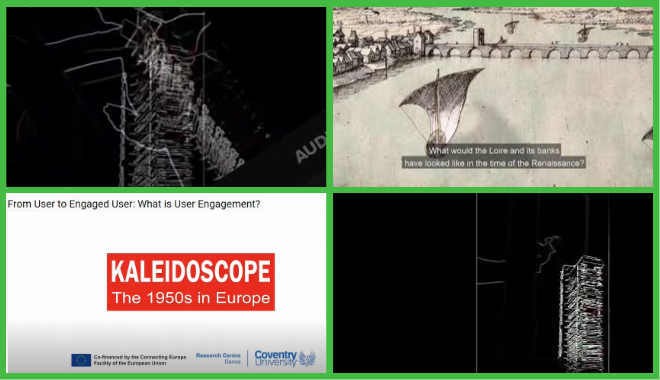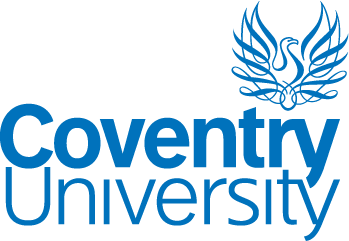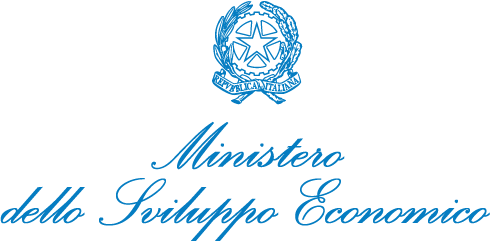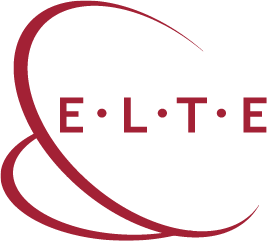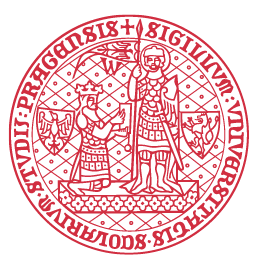· ways of bringing together and managing various kinds of heritage (costs of maintaining continually expanding heritage), also creating sustainable change, where necessary;
· political, legal, ethical and social perspectives on whether heritage should always be maintained or whether models of non-durability might be more widely engaged, and dominant notions of sustainability challenged; delisting, deaccessioning (risks of disposing of items relating to periods or events that merit more attention in the future);
· models and practices of different forms of care, protection and safeguarding, managed loss, curated ruination, rewilding and disposal; issues of accepting entropy in conservation practice and of disposal from museum collections;
· preservation of toxic products and those that are variously implicated in environmental damage;
· educational potential of cultural heritage and environmental impact of citizen science work.
· ways to mitigate climate change (reducing, for example, the carbon footprint of sites); understanding the importance of traditional and indigenous knowledge (intangible CH) in adaptation strategies.

